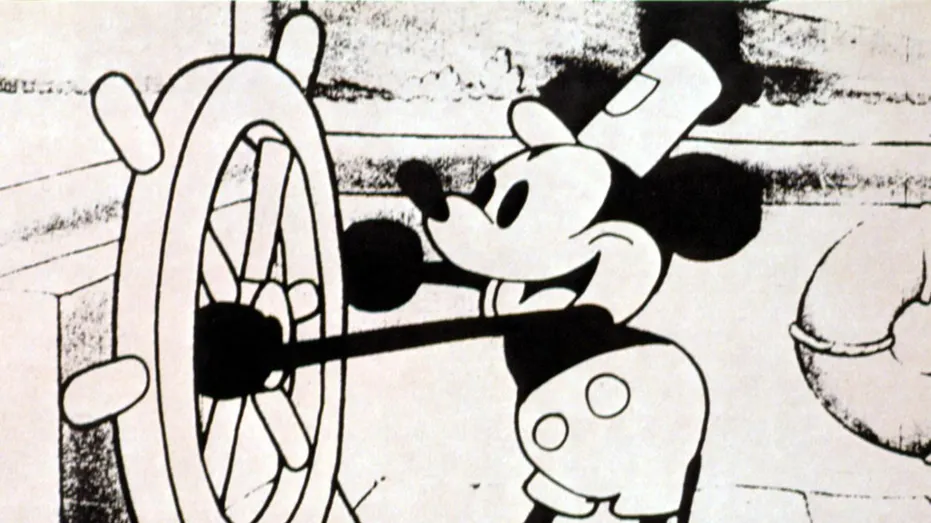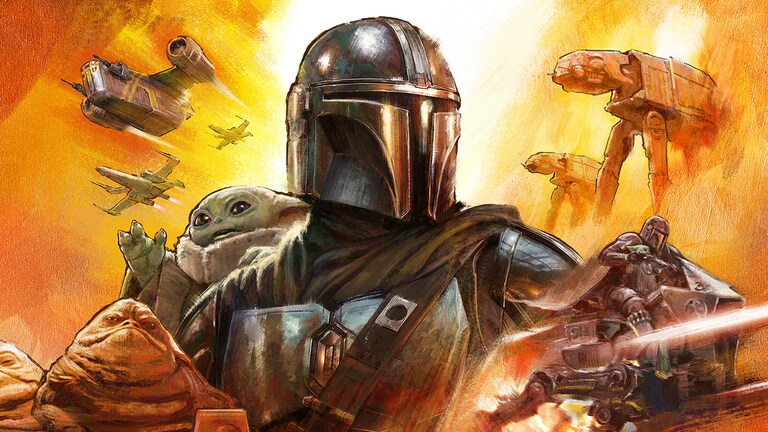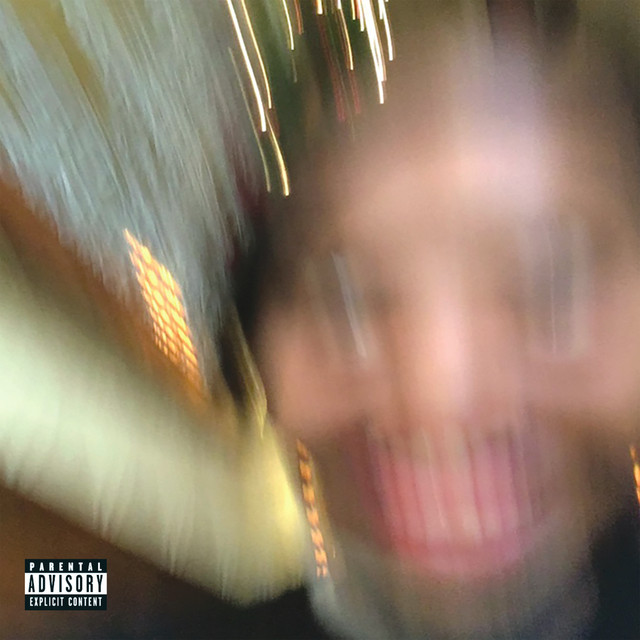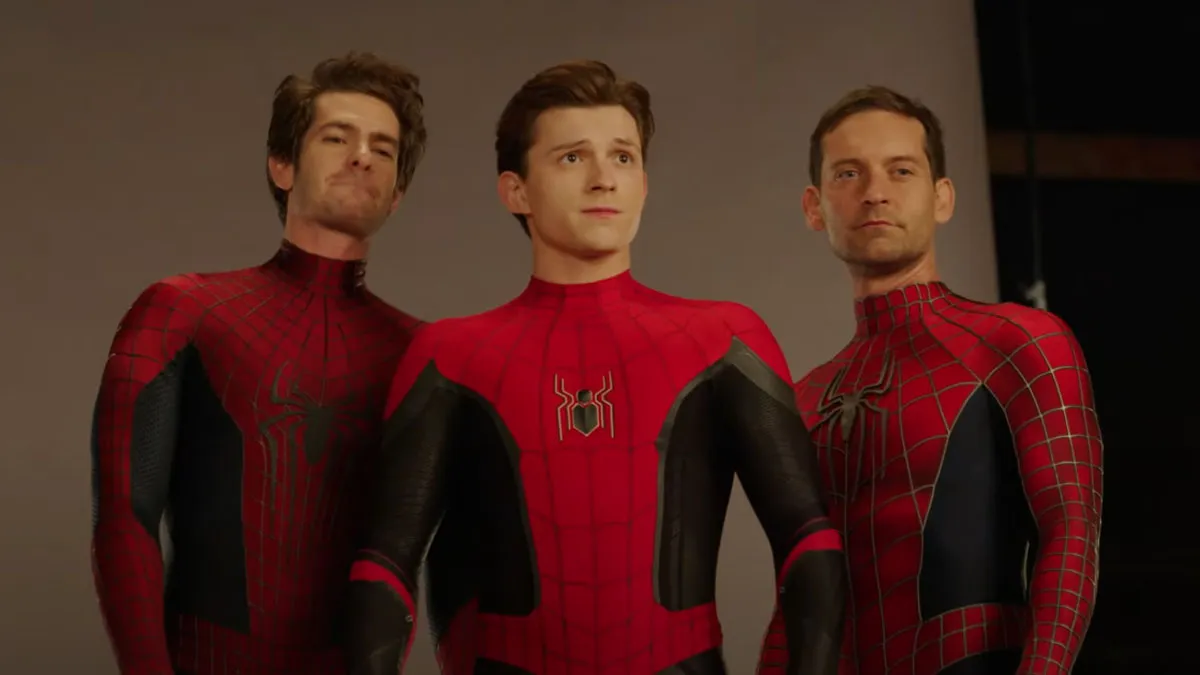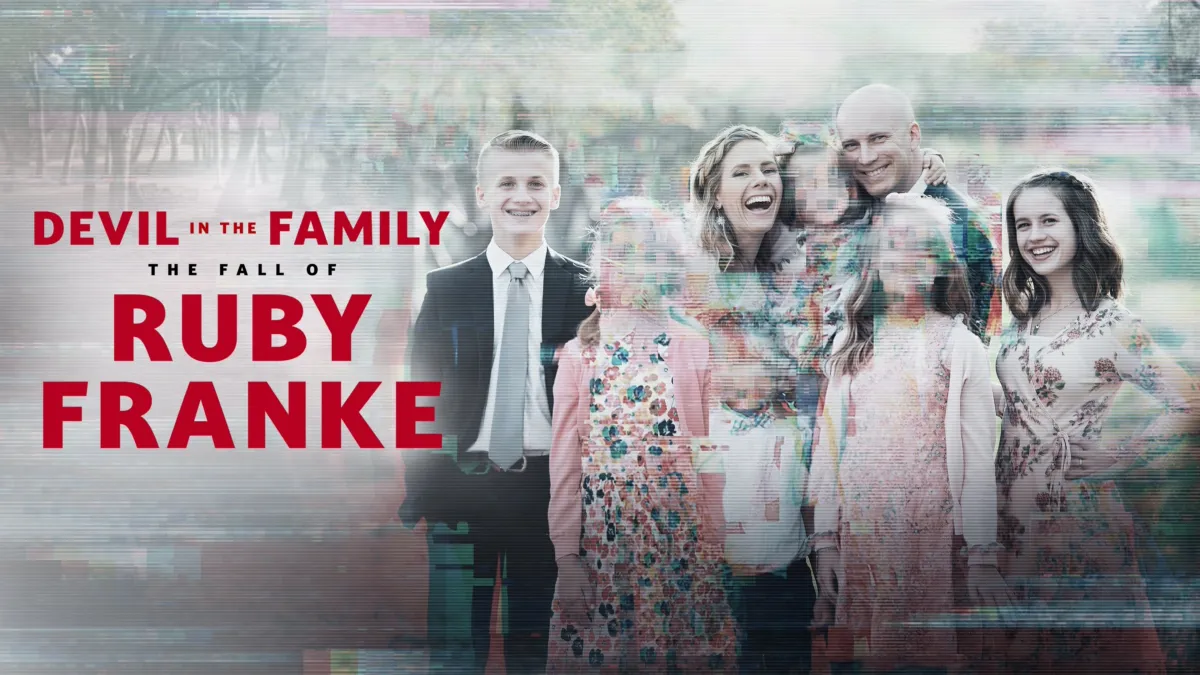Tensions rose on Celebrity Big Brother UK, a reality TV show where contestants are confined to a home to win a cash prize, when former boxer and actor Mickey Rourke made a series of offensive, homophobic remarks toward Jojo Siwa. When aired on national television, the disturbing exchange sparked immediate backlash from viewers and prompted over 1,000 complaints to Ofcom, the UK’s communications regulator. Producers issued a formal warning before ultimately removing Rourke from the show. The incident has sparked conversations about respect, inclusion, and the responsibility of public figures in today’s media.
 During a tense moment in the house, Mickey Rourke made several inappropriate comments towards Jojo Siwa’s sexuality, which caused significant distress. Rourke asked Jojo, “Do you like boys or girls?” When she responded that she likes girls and has a non-binary partner, he retorted, “If I stay longer than four days, you won’t be gay anymore.” JoJo firmly replied, “I can guarantee I’ll still be gay and I’ll still be in a very happy relationship.” Later, Rourke told fellow contestant Chris Hughes, “I’m going to vote the lesbian out real quick.” JoJo overheard this and responded, “That’s homophobic, if that was your reasoning.”
During a tense moment in the house, Mickey Rourke made several inappropriate comments towards Jojo Siwa’s sexuality, which caused significant distress. Rourke asked Jojo, “Do you like boys or girls?” When she responded that she likes girls and has a non-binary partner, he retorted, “If I stay longer than four days, you won’t be gay anymore.” JoJo firmly replied, “I can guarantee I’ll still be gay and I’ll still be in a very happy relationship.” Later, Rourke told fellow contestant Chris Hughes, “I’m going to vote the lesbian out real quick.” JoJo overheard this and responded, “That’s homophobic, if that was your reasoning.”
Additionally, Rourke used a homophobic slur, referring to it as a term for a cigarette. He later apologized, stating he didn’t mean any harm and had a habit of speaking impulsively. Jojo gracefully accepted his apology, emphasizing that the context and intent behind his words mattered. However, it was too late for Rourke. The incident led to over 1,00 complaints to Ofcom, resulting in Rourke being warned by the show’s producers, who stated that further offensive behavior could result in his removal from the house. Jojo later revealed that this confrontation left her “shook up,” highlighting the emotional impact and hatred that individuals in the LGBTQ+ community endure. 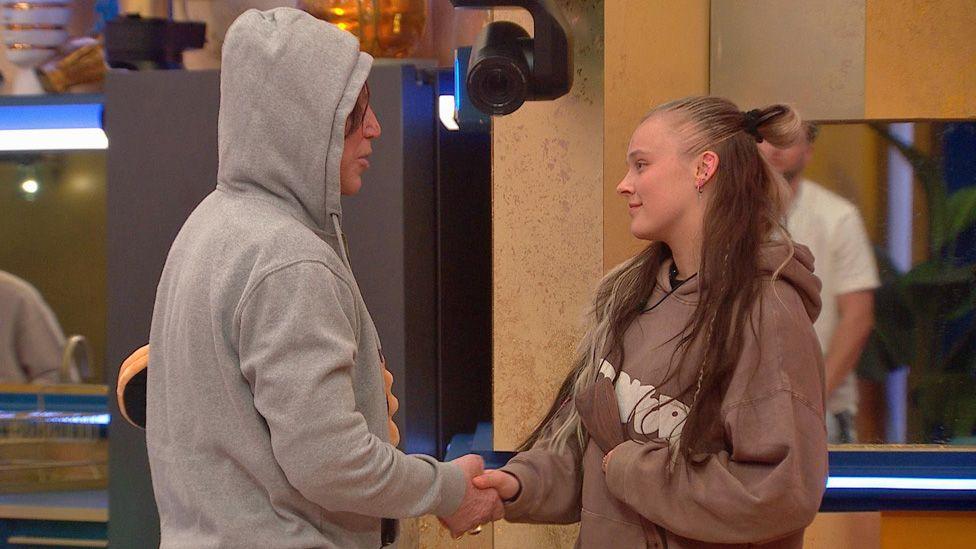
The controversy surrounding Mickey Rourke highlights the growing need for accountability in reality television. As audiences become more vocal about inclusion and respect, networks are under pressure to respond swiftly to unacceptable offensive behavior. On the other hand, it was shocking to see that the network still chose to air this to the public, because as we have seen in the past, reality TV isn’t always honest, and seeing this big moment breakdown was unexpected. The entertainment industry has made strides in LGBTQ+ representation, but incidents like this reveal that the progress is still growing. Jojo Siwa received an outpouring of support from fans and LGBTQ+ advocates, many praising her for her composure and courage. Rouke’s comments weren’t just inappropriate comments to her, but to the community. They reflect a deeper issue that needs to be addressed. This behavior can’t be dismissed in today’s media as entertainment or personality.
In the aftermath of this controversy, it’s clear that moments like these are more than just uncomfortable television; they reflect a societal issue that must be addressed. Jojo Siwa’s calm and firm response served as a reminder of the strength it takes to take a bad situation and turn it into a learning opportunity for others. As reality TV continues to blur the line between entertainment and real-life conflict, protecting contestants and upholding respect should be their priority. Micky Rourke’s removal wasn’t just a disciplinary action, but a necessary step toward accountability in a space with much to learn.


